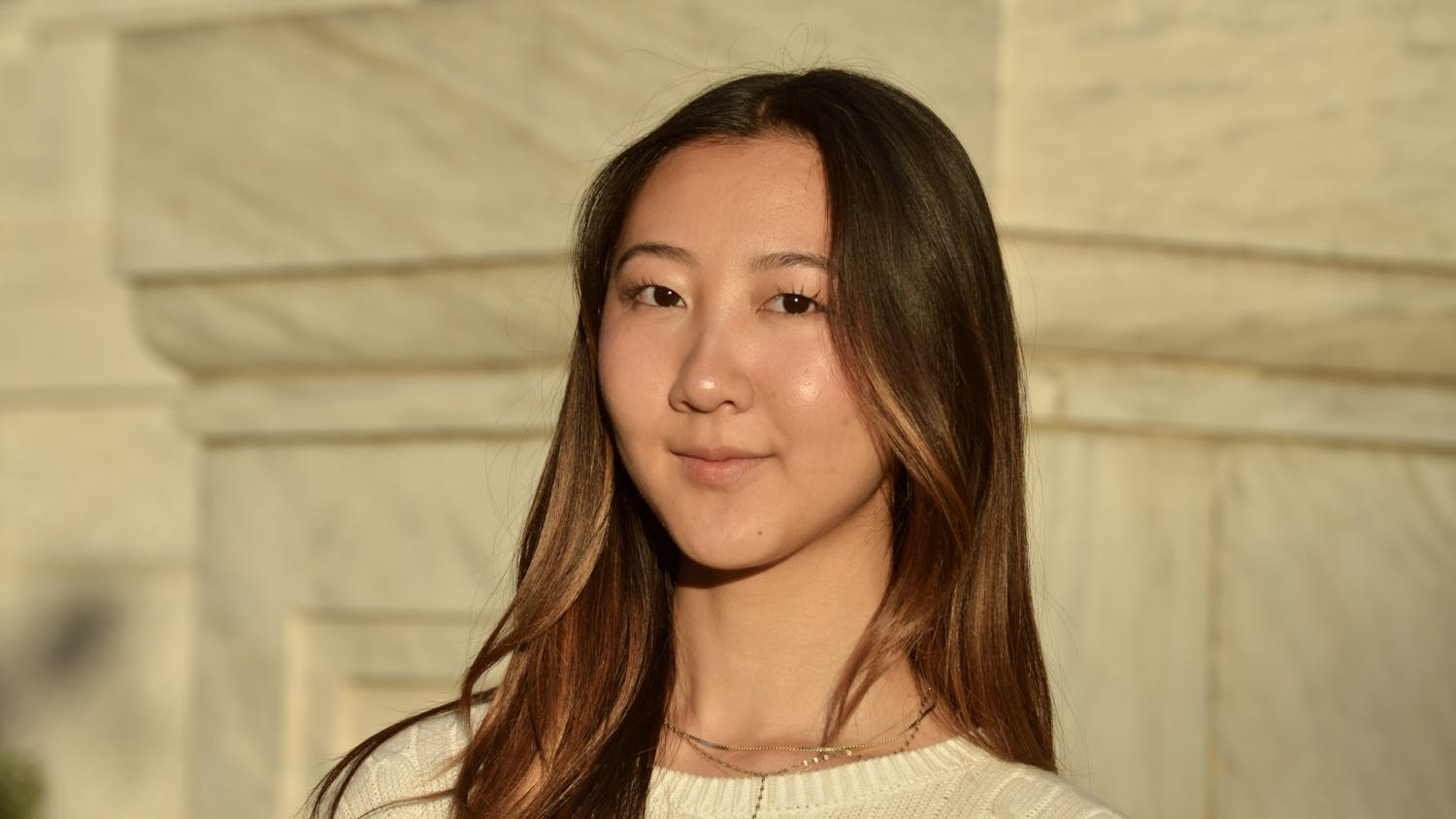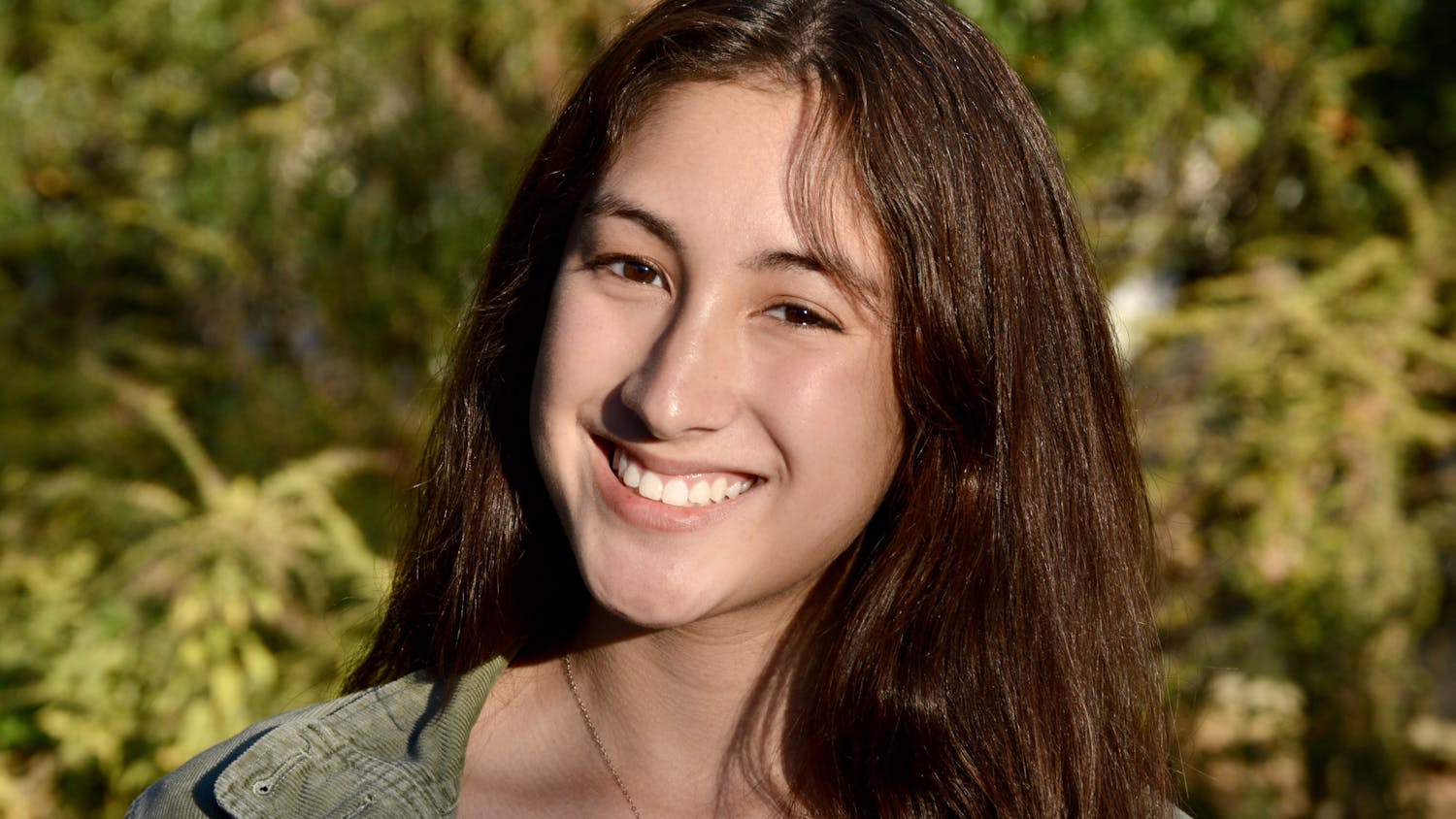It’s a story we are told about every major city across America: reinvestment, revitalization, development. From Washington D.C. to San Francisco to New York we can see the impacts of these revitalization projects first-hand: a beautiful new ballpark for the Washington Nationals along the Anacostia River, the new luxury housing complex on Minnesota Avenue, the “hipster” paradigm in Brooklyn. But along with these new development projects comes an often untold story, one of displacement, segregation and inequality.
"As wealthier and powerful residents move into D.C., the poorer residents are being pushed out of their homes as they can no longer afford the high cost of living," Walid Bouaichi, a sophomore finance major native to U Street Corrider, said when reflecting on the changes he'd seen to his home in the past decade.
In addition to economic and racial injustices, gentrification is deeply connected to environmental injustice. Displaced and marginalized communities are often forced into areas in proximity to environmental hazard or unprepared for climate catastrophe.
Here at AU we hold a stake in the larger Washington D.C. community. As visitors —living, working and studying here—we have a responsibility to this city. Universities are a part of the areas they inhabit and have an obligation to do no harm to, if not strengthen, these communities with their massive institutional power and wealth.
Last week, students from Fossil Free AU exposed the connection between the unrivaled power of the fossil fuel industry and Trustee Arthur Rothkofp . Yet this week, the relation between our board room and structural inequality hits much closer to home.
Board of Trustee member Marc N. Duber is the executive vice president and chief operating officer of the Bernstein Companies, headquartered in D.C. The Bernstein Company is responsible for several big development projects in D.C,’s quickly gentrifying neighborhoods including: The Maritime Plaza near the Waterfront area of Southeast, 1500 Eckington Place in Northeast, Franklin Tower on 14th and I Streets in Northwest and Town Center Condominiums.
While these developments might initially seem good for the prosperity of the city, the Bernstein Company’s description of their operation practices speaks to the darker reality of what’s happening in D.C.: “Prime targets include strategic investments in properties that have been poorly managed or are located in improving or growing submarkets. Through renovation, improved management, aggressive leasing, refinancing, and new development, The Bernstein Companies skillfully enhances the value of its investments.” To us, this is gentrification.
The requirements to hold a seat on the AU Board of Trustees ensure that most members are an elite group of wealthy men and women who have personal and professional connections to outside institutions-- companies and organizations largely responsible for the inequalities we witness across the country. Fossil Free AU believes that those running AU should make decisions that benefit students, the D.C. community and the academic institution--not personal interests that contribute to injustice. Duber’s position at the Bernstein Companies forces us to question his ability to make decisions in the best interest of our community.
Katie Kirchner is a senior in the School of Communication.




